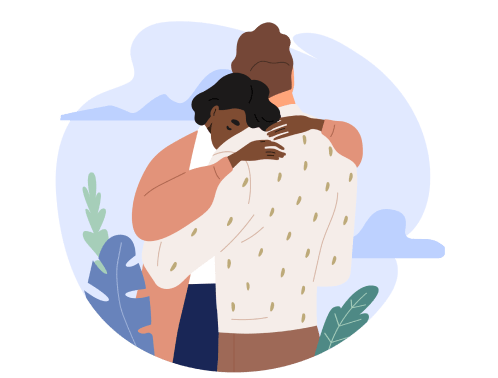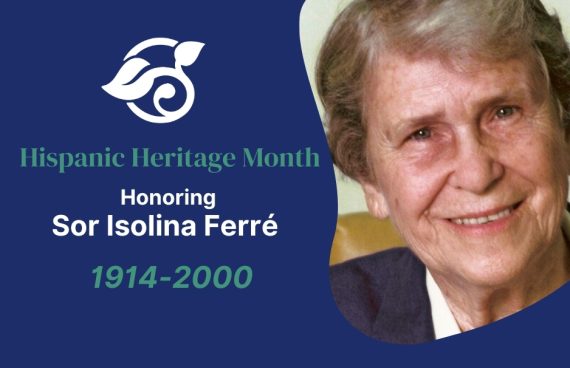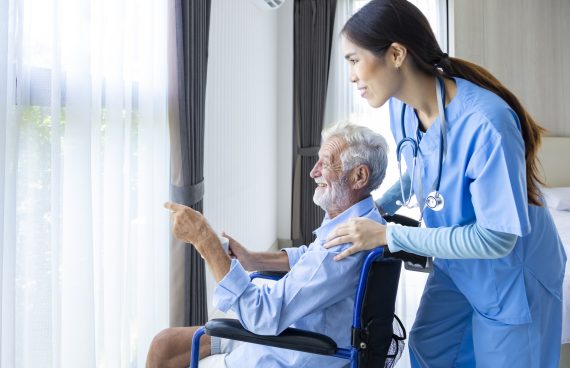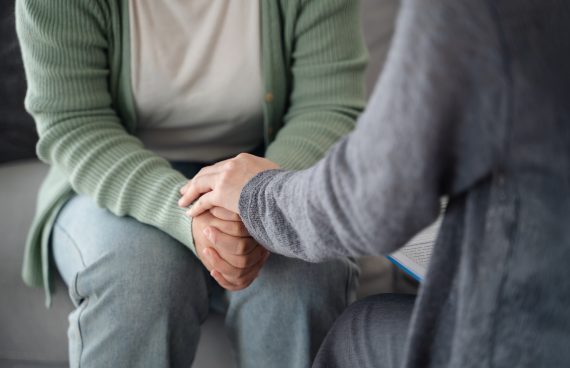Symptoms of grief

It’s natural for grief to take a toll on your emotions, but you may be surprised to learn that it can affect your body and mental state as well. Here’s an overview of the common physical, mental, and emotional symptoms you may encounter after a loss.
Physical symptoms
While the following examples are common symptoms that the bereaved have experienced, it’s important to note that everyone’s body is unique and may react differently.
Remember, if you believe your symptoms are severe (chest pain, lightheadedness, shortness of breath, etc.), call 911 for emergency assistance.
The body’s response to intense grief includes the release of stress hormones like cortisol, which can lead to the following symptoms:
- Tightness in the chest or throat
- Increased perception of physical pain
- Stomach pain or irritation
Some symptoms can cause a domino effect; for example, losing your appetite and eating less/becoming dehydrated can cause headaches, stomach irritation, nausea, etc.
Having physical symptoms of grief can be frustrating and mentally taxing, especially when it interrupts your daily routine. When seeking ways to manage your symptoms, try to remember to be gentle with your body; after all, your body is also grieving your loss and will need time to process it.
What works for one person may not work for another, but it’s important to keep searching for ways to lessen, eliminate, or manage your symptoms in a healthy way.
Remember wellness – Tend to your body by staying physically active. If exercise seems like a heavy burden, try something new that can keep you moving but doesn’t feel like exercise. Consider birdwatching/geocaching/hiking, window-shopping, video games with physical activity, a city or audio walking tour, a swim at your local pool, reorganizing your living space, or outdoor/gardening activities.
Take in the good – Research has shown that during periods of high stress or trauma, it is normal for people (and animals) have changes in food preferences or crave comfort foods that can be high in fat and sugar. To combat any changes that could have a negative impact on your health, be sure to practice a healthy diet, and try to eat foods with valuable nutrients every day.
Connect with your body – In day-to-day living, it can be easy to go on autopilot and neglect the various aches, pains, or messages our body is trying to send us; but while grieving, it’s especially vital to listen to yourself. To become more attuned to your bodily signals, you can try:
- Affirmative self-talk (E.g., “Even with pain, my body deserves love.” “I will treat myself kindly.”)
- Journaling about any physical symptoms you feel (even the normal/positive ones)
- Regularly checking yourself for any physical changes
- Scheduling or giving yourself a massage
As with all symptoms, don’t hesitate to reach out to your primary care provider, a dietician, or a personal trainer if you need guidance. Always consult with your physician before making any changes to your healthcare and/or routine.
Mental/emotional symptoms
Emotional and mental symptoms of grief are obvious signs of grieving, but you may experience a few thoughts or emotions that may seem unusual, irrational, unwelcome, or outside the norm.
Taking time to acknowledge your emotions and thoughts without judgement can help ease the grieving process. It’s okay to question yourself and try to adjust your perspective, but ultimately, it takes time to process the whirlwind of thoughts and emotions that come with grief.
Here are some common mental and emotional symptoms:
- Becoming reclusive/withdrawn
Grief and its symptoms are often hidden or misunderstood, so it may help to speak with a trusted family member, friend, spiritual leader, or end-of-life doula to express your feelings. You may also benefit from consulting with a grief therapist/counselor or grief support group to discuss your experiences with a trained professional; finding the right match can take time, but it can be well worth it.
Journaling (regular and/or gratitude journaling), practicing breathing exercises, communing with nature, and engaging with your community are all simple ways you can tend to your mental health in the short term.
Naturally, mental health and physical health are intertwined; if one declines or improves, the other will likely follow. Take care to balance your stewardship of mind and body together.
If you are experiencing a mental health crisis, consult with professionals as soon as possible. Call or text the Suicide & Crisis Lifeline at 988, or visit the 988 Lifeline website. Assistance is also available for those who are deaf or hard of hearing.
For local assistance, check to see if your state, city, or community offers crisis resources and response.
Help is available
As our understanding of grief and grief symptoms continues to evolve, the bereaved, their supporters, and grief experts have come to realize that grief is not a problem to be solved. Instead, you can imagine it as a lifelong companion that will be there for as long as you love the departed.
Your companion may become quiet with time, grow loud and intrusive at other times, trigger negative emotions, and make you question the world, but it is ultimately a reminder of the love you still hold for your lost relationship.
Try to nurture your grief by practicing diligent self-care, being patient with yourself, and calling on others to support you and your companion on this new life journey.
Sources:
Grief Reactions, Duration, and Tasks of Mourning
Listening to Your Body
Crisis Help: Suicide, Mental Health, Drug, and Alcohol Issues






 Use current location
Use current location









